Back to Courses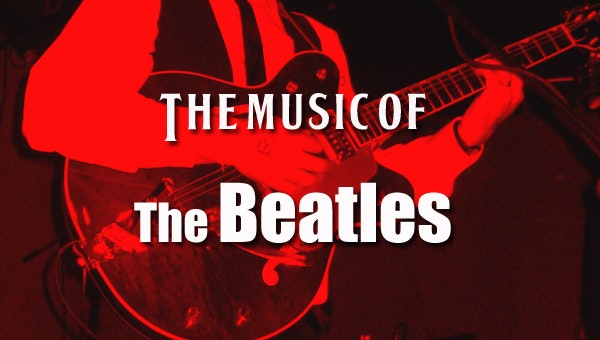
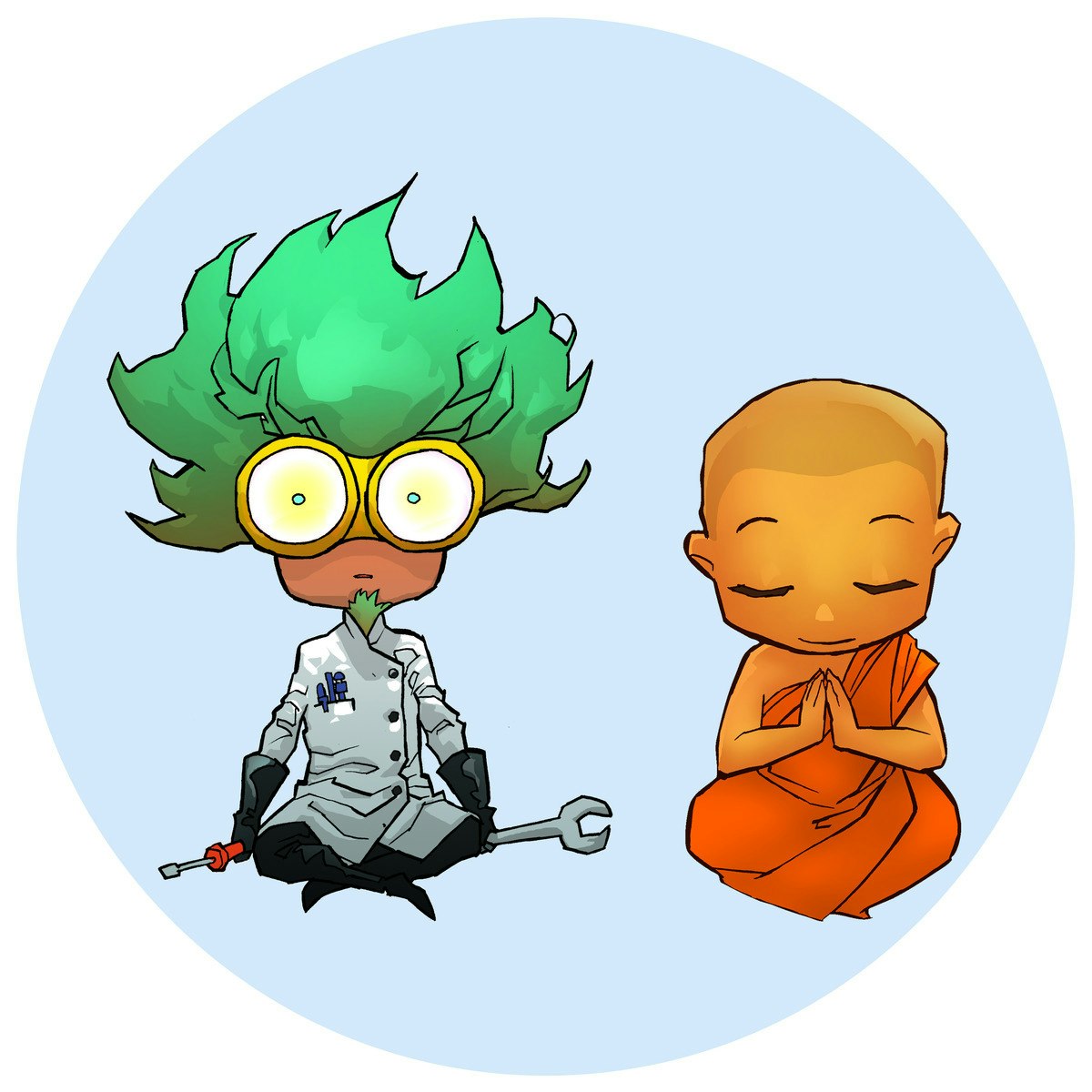

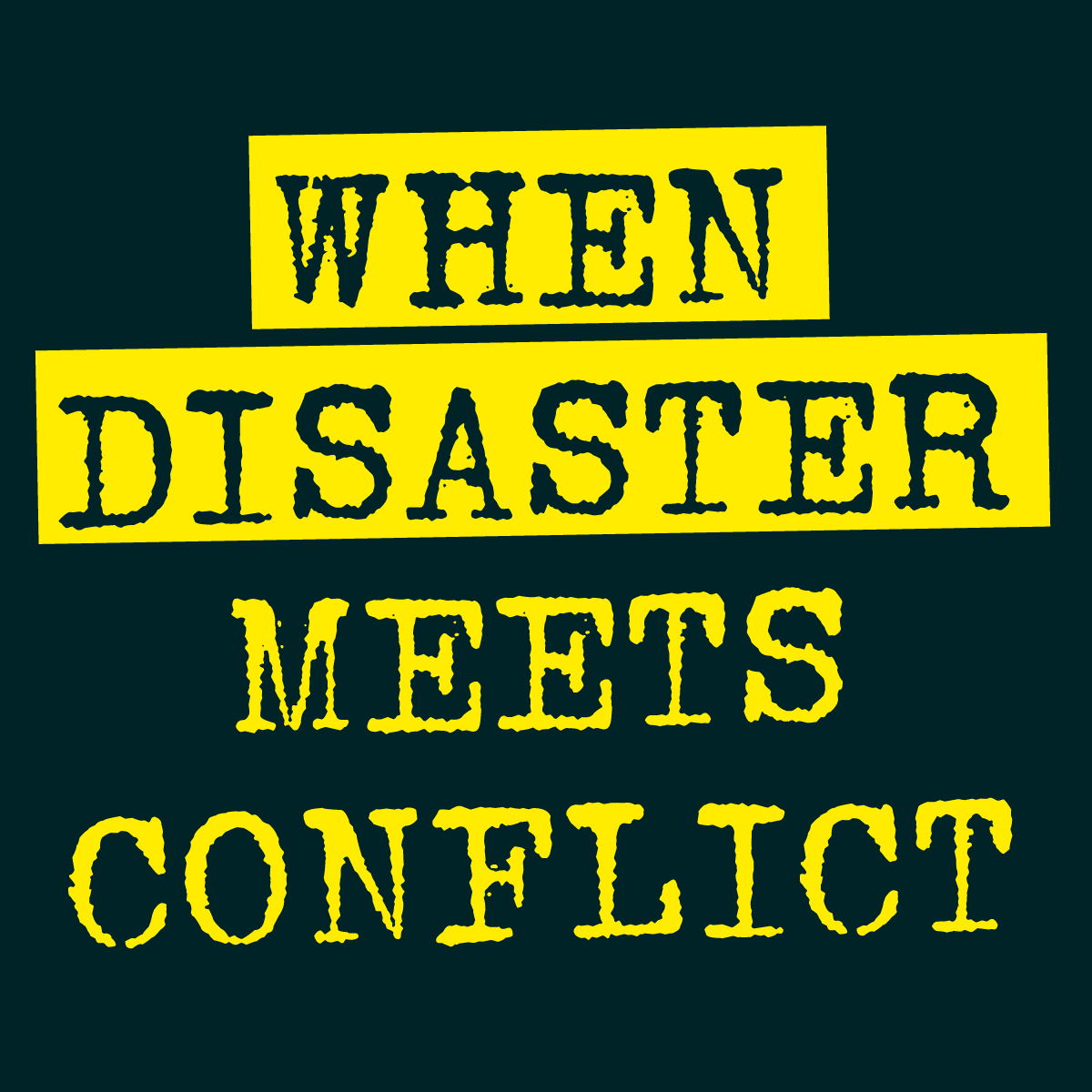


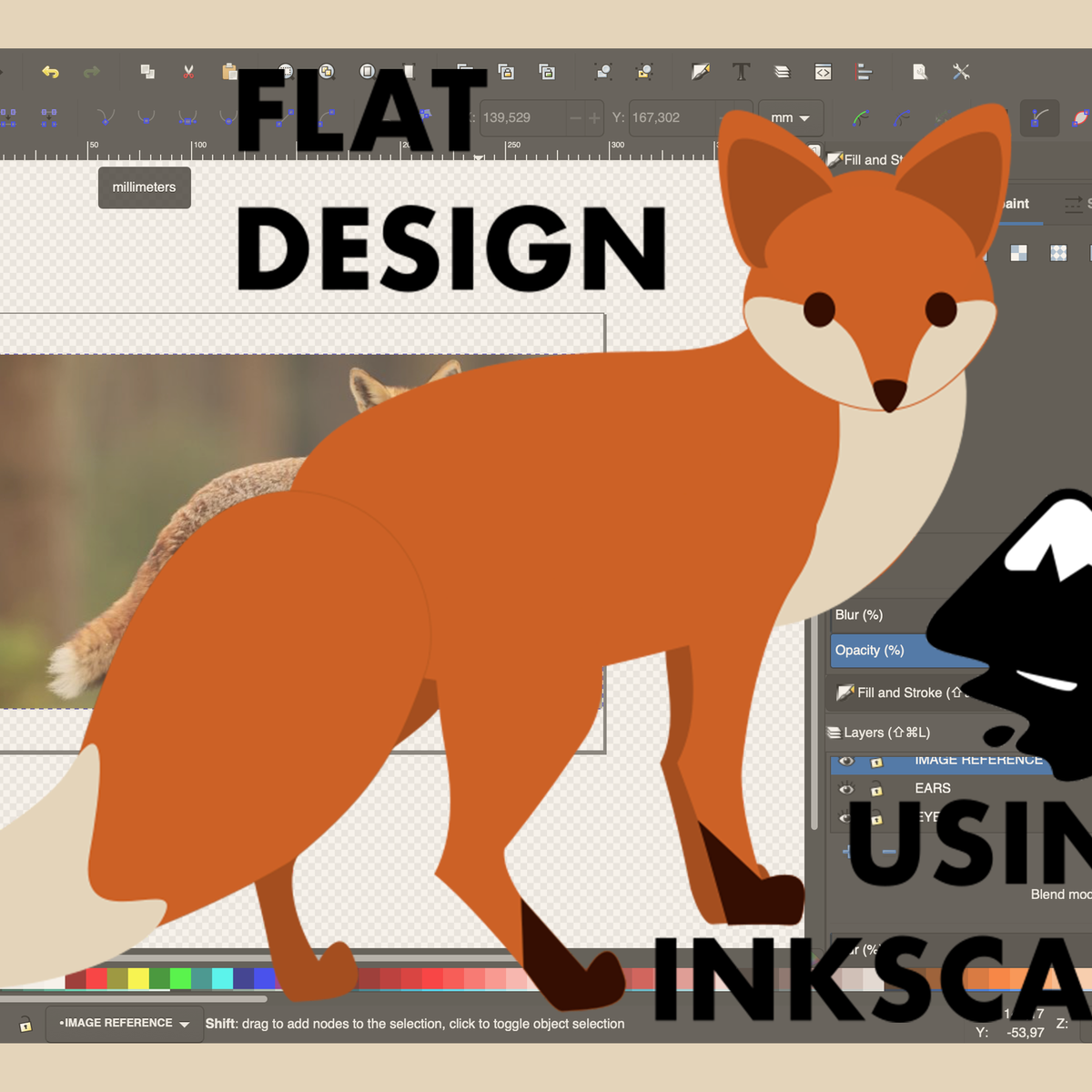

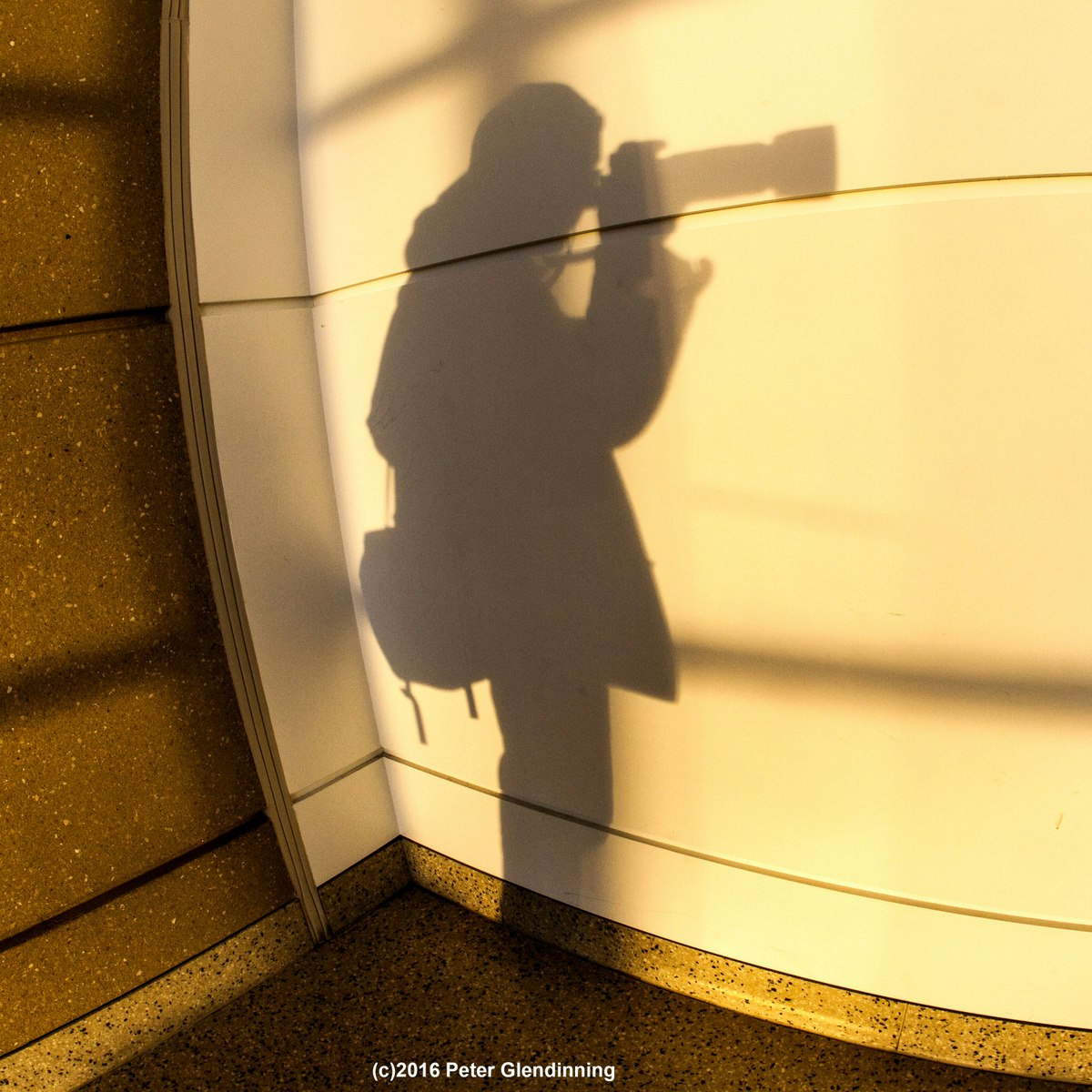

Arts And Humanities Courses - Page 43
Showing results 421-430 of 464

The Music of the Beatles
The Music of the Beatles will track the musical development of the band, starting from the earliest days in Liverpool and Hamburg, moving through the excitement of Beatlemania, the rush of psychedelia, and the maturity of Abbey Road. While the focus will be on the music, we will also consider how recording techniques, the music business, the music of other artists, and the culture of the 1960s affected John, Paul, George, and Ringo as they created the Beatles repertory.
There is probably no band or artist that has had more written about their music than the Beatles. There are many good books on the band's biography, several insider accounts offering glimpses behind the scenes, books that interpret the meaning of the songs, and even books that catalog dates and people regarding the band. This course will try to synthesize much of that information into an account of the Beatles' development as musicians and songwriters.

De-Mystifying Mindfulness
Interest in meditation, mindfulness, and contemplation has grown exponentially in recent years. Rather than being seen as mystical practices from ancient Buddhism or esoteric philosophy, they are increasingly seen as technologies rooted in evidence from psychology and neuroscience. Mindfulness has become the basis for numerous therapeutic interventions, both as a treatment in healthcare and as a means of enhancing well-being and happiness. For millions around the world, mindfulness has become a life-style choice, enhancing and enriching everyday experience. Mindfulness is big business.
But, what actually is mindfulness? Is it really good for you? Can anyone learn it? How can you recognize charlatans? Would you want to live in a mindful society, and would it smell like sandalwood? What does it feel like to be mindful? Are you mindful already, and how would you know?
Evolving from the popular Honours Academy course at Leiden University, this innovative course combines conventional scholarly inquiry from multiple disciplines (ranging from psychology, through philosophy, to politics) with experiential learning (including specially designed ‘meditation labs,’ in which you’ll get chance to practice and analyze mindfulness on yourself). In the end, the course aims to provide a responsible, comprehensive, and inclusive education about (and in) mindfulness as a contemporary phenomenon.
During the production of this course, we have been supported by Willem Kuyken, Director of the University of Oxford Mindfulness Centre, and Stephen Batchelor, co-founder of Bodhi College. And we gratefully acknowledge the contributions made by Mark Williams, co-developer of Mindfulness-based Cognitive Therapy (MBCT), and Rebecca Crane, Director of the Centre for Mindfulness Research and Practice at the University of Bangor. We have recently added expert advice from Dawn Scott (Spirit Rock & Barre Centre for Buddhist Studies), Sydney Spears (University of Kansa), Elisabeth Stanley (Georgetown University), Susan Woods (Centre for Mindfulness Studies), Patricia Rockman (University of Toronto) and Jeff Corntassel (University of Victoria).
"A deep and profound dive into the ethical, social, psychological, and philosophical implications of modern-day mindfulness practice. The course is not for the faint of heart, perhaps, but it is also full of practical, guided exercises for the uninitiated! Thank you for redefining my relationship to Mindfulness in a completely new and thought-provoking way" 28 april 2021
"The course enabled me to explore the mindfulness construct at its deeper lever from philosophical, psychological and political lenses. The mindfulness labs were very useful in practicing the skills of being mindful." 23 nov 2018
"i took this course after a period of time when I was trying to practice mindfulness and meditation, but with doubtful success. The course answered many questions to me, and I needed that to keep me motivated. It really helped me understand the origins and, more importantly, benefits of mindfulness practice and made me persist in my attempts. I'm really glad I took the course, I find it interesting, well taught and very useful for all those seeking deeper explanation in why trying mindfulness." 9 Oct 2018
"I have taken other courses in other online platforms. However, this has been one of the best courses I have found online." 3 Oct 2018
"I really like the invitation to us, the learners, to rethink our preconceptions and beliefs, and then make our own judgement about mindfulness. The overall tone was very friendly and open, resources very useful." 12 Dec 2017

VR and 360 Video Production
Welcome to the Google AR & VR Virtual Reality and 360 video production course! Our mission is to give you the skills you need to get started with your first VR project.
This course will introduce you to Virtual Reality and 360 video production, guiding you through a step-by-step process to create VR content. To begin, we recommend taking a few minutes to explore the course site and review the material.
Best of luck as you get started - we hope you enjoy the course, and can't wait to see what you'll create!

When Disaster Meets Conflict
Disaster Risk Reduction and humanitarian aid in conflict settings
This MOOC teaches you to develop accountable, high-quality and ethical responses to disaster in conflict-affected areas. The E-course is meant primarily for practitioners, but also open to students or otherwise interested people. It stimulates participants to think about humanitarian aid, DRR and disaster response in contexts where conflict is ongoing, lingering, or has characterized the setting in recent times, as well as about the hard choices and dilemmas faced by humanitarian actors in conflict settings. Moreover, you will learn to distinguish the different challenges and effective, positive examples of aid in three types of conflict settings. Through videos, interviews, guest lectures and realistic case-studio, learning becomes both relevant and fun; everything you learn will be applicable for practice in the field.
Curious? Check out our trailer in the first module of the MOOC below.

Visual Elements of User Interface Design
This design-centric course examines the broad question of what an interface is and what role a designer plays in creating a user interface. Learning how to design and articulate meaning using color, type, and imagery is essential to making interfaces function clearly and seamlessly. Through a series of lectures and visual exercises, you will focus on the many individual elements and components that make up the skillset of an interface designer. By the end of this course, you will be able to describe the key formal elements of clear, consistent, and intuitive UI design, and apply your learned skills to the design of a static screen-based interface.
This is the first course in the UI/UX Design Specialization, which brings a design-centric approach to user interface (UI) and user experience (UX) design, and offers practical, skill-based instruction centered around a visual communications perspective, rather than on one focused on marketing or programming alone.
These courses are ideal for anyone with some experience in graphic or visual design and who would like to build their skill set in UI or UX for app and web design. It would also be ideal for anyone with experience in front- or back-end web development or human-computer interaction and want to sharpen their visual design and analysis skills for UI or UX.

Audio Signal Processing for Music Applications
In this course you will learn about audio signal processing methodologies that are specific for music and of use in real applications. We focus on the spectral processing techniques of relevance for the description and transformation of sounds, developing the basic theoretical and practical knowledge with which to analyze, synthesize, transform and describe audio signals in the context of music applications.
The course is based on open software and content. The demonstrations and programming exercises are done using Python under Ubuntu, and the references and materials for the course come from open online repositories. We are also distributing with open licenses the software and materials developed for the course.

Flat design: draw a vector image from a picture on Inkscape.
In this 1-hour long project-based course, you will learn how to
- use Inkscape to create vector graphics
- explore flat design
- explore vector graphics
By the end of this project, you will learn how to use Inkscape to draw a vector graphic starting from a picture.
You’ll discover how to create a vector image adopting a flat design style.
This guided project is for graphic designers, illustrators, or artists who want to discover Inkscape as an open-source alternative to common vector images editing software.
It is open to anyone interested in graphic design who wants to be introduced to vector graphic or flat design.
You don't need to be a professional to enjoy this course, though, familiarity with graphic design or visual arts terminology will help you to get the most out of the project.
Note: This course works best for learners who are based in the North America region. We’re currently working on providing the same experience in other regions.

Contemporary India
This course presents some important vignettes of a complex, highly diverse India that is also witnessing unprecedented changes since its formal independence in 1947 from Great Britain. The lectures revolve around social dimensions of change, the continuing influence of ancient texts on contemporary India, political democracy, economic transition from the state to the market, gender relations, India's economic globalisation and changing world view.
While one of the objectives is to capture the multifaceted process of change, the course also critically examines some of the tensions inherent in these changes. For example, how does gender inequality play itself out in a changing Indian society, how do the modernist conceptions of art entailing market valuation challenge the more socio-centric values found in South India, what are the politics linguistic identities, and how might India address its myriad development challenges such as poverty and unemployment.
No specific prior knowledge is required. However, it would be helpful if students are aware of the socio political dynamics at play in contemporary India and keep themselves abreast with current affairs and debates in the country to fully appreciate the various dimensions and contours if the subject matter in the course.
This course is taught in English.
View the MOOC promotional video here: http://tinyurl.com/hx8mhxb

Photography Capstone Project
The Capstone Project is your opportunity to take advantage of the knowledge you have gained through our journey in learning about photography, to develop a meaningful project of 10 well formed photographs based in your passion for artistic expression, or a subject for documentary exploration, insightful portraiture, imaging for work-related subjects, or some other aspect of photography. We are confident that it will be a project that you will be excited to share with fellow Learners. You should plan on spending more time on this Course per week than any other in this Specialization, and much of it will be in making photographs.
During the entire period of development, you and your fellow learners will be supporting each other as you work independently, by sharing your work-in-progress from the initial Project Plan to the final Portfolio. At each stage, all Learners will share comments and suggestions with each other, helping each other to gauge progress and to learn about different approaches to photography and content. By expressing your own ideas and expectations about quality in response to the work of others, you will be forming your own criteria of excellence as well.
Along the way there will be multiple opportunities for sharing pictures and ideas through carefully designed Peer Review. This sharing of photographs and comments with peers, and reflecting on their comments about your photos, will be an exciting learning experience that will help you grow in understanding your own photography and that of others. Your contribution of comments to fellow Learners will not only help them understand their photographs better, but it will give you an opportunity to use the vocabulary of terms that are related to techniques, design principles, and content approaches that you have learned through your success in each of the previous Modules.
A unique aspect of this Specialization is that everyone who completes the requirements will receive, in addition to their Certificate of Specialization from Michigan State University, access to substantial discounts on equipment, accessories, and membership benefits through Industry Partners from among the premier manufacturers of photography equipment and related items: Fracture, Gary Fong, Gyst, Lensbaby, LensPen, Lume Cube Lighting, Photo District News, PhotoVideoEdu, Think Tank Cases/Bags.

Burgos: Deciphering Secrets of Medieval Spain
This advanced course focuses on two primary goals: (1) appraising how Jews, Christians, and Muslims shaped the history of medieval Spain and (2) mastering the craft of Spanish paleography, the skill of identifying Spanish handwriting in the 11th- through 15th-century manuscripts. Through the lens of the medieval history of Burgos, we dedicate 75% percent of our efforts to developing pragmatic expertise in the interpretation of Carolingian/French/Gothic handwriting.
Specifically, the course explores how the royal Castilian city of Burgos influenced, and was influenced by, Jews, Christians, and Muslims. We closely evaluate the Spanish Christian Reconquest, the Plague and the 14th-century Castilian civil war, anti-Jewish pogroms, the emergence of elite conversos (Jewish converts to Christianity), and the role of the king and Roman Catholic Church in the creation of Catholic Spain. Through onsite interviews in archives and museums in Burgos, we experience the medieval city, artifacts, and manuscripts. While we teach using Spanish manuscripts, very little or no knowledge of the Spanish language is necessary to complete the course.
Using an intensive array of paleography practices, exams, independent projects, and collaborative efforts, you will garner exceptional skills that you can apply to interpreting any medieval European handwriting. To demonstrate your mastery of paleography you will (1) create a 14th-15th-century alphabet, numeral, and abbreviation guide using manuscript images, and (2) transcribe one selection from a medieval manuscript.
Popular Internships and Jobs by Categories
Find Jobs & Internships
Browse
© 2024 BoostGrad | All rights reserved